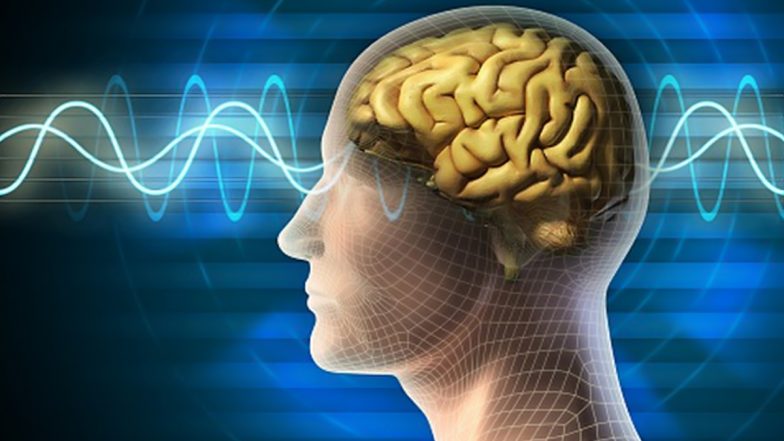
New York, December 14 : As you may have witnessed thousands of senior people performing exercise and mindfulness training in the neighbourhood parks, community centres and at home in the morning, a large study that focused on whether exercise and mindfulness training could boost cognitive function in older adults has found no such improvement.
Researchers at Washington University School of Medicine in St. Louis and the University of California, San Diego, studied the cognitive effects of exercise, mindfulness training or both for up to 18 months in older adults who reported age-related changes in memory but had not been diagnosed with any form of dementia. Fat Under Skin Offers Protection Against Brain Inflammation in Females: Study.
“We know beyond any doubt that exercise is good for older adults, that it can lower risk for cardiac problems, strengthen bones, improve mood and have other beneficial effects – and there has been some thought that it also might improve cognitive function,” said the study’s first author, Eric J. Lenze, the Wallace and Lucille Renard Professor and head of the Department of Psychiatry at Washington University School of Medicine.
“Likewise, mindfulness training is beneficial because it reduces stress, and stress can be bad for your brain. Therefore, we hypothesised that if older adults exercised regularly, practiced mindfulness or did both there might be cognitive benefits – but that’s not what we found,” Lenze noted in the study published in the prestigious Journal of the American Medical Association (JAMA). Scientists Reveal That ‘brain-like Computing’ at Molecular Level is Possible.
The researchers now want to see whether there may be some cognitive effects over a longer time period, so they plan to continue studying this group of older adults to learn whether exercise and mindfulness might help prevent future cognitive declines. In this study, however, the practices did not boost cognitive function.
“So many older adults are concerned about memory. It’s important for studies like ours to develop and test behavioural interventions to try to provide them with neuroprotection and stress reduction as well as general health benefits,” said senior author Julie Wetherell, a professor of psychiatry at UC San Diego.
The researchers studied 585 adults ages 65 through 84. None had been diagnosed with dementia, but all had concerns about minor memory problems and other age-related cognitive declines.
The participants were randomly assigned to one of four groups: a group in which subjects worked with trained exercise instructors; a group supervised by trained experts in the practice of mindfulness; a group that participated in regular exercise and mindfulness training; and a group that did neither, but met for occasional sessions focused on general health education topics.
At six months and again at 18 months, all of the groups looked similar. All four groups performed slightly better in testing, but the researchers believe that was due to practice effects as study subjects retook tests similar to what they had taken previously. Likewise, the brain scans revealed no differences between the groups that would suggest a brain benefit of the training.
“We aren’t saying ‘Don’t exercise’ or, ‘Don’t practice mindfulness’,” Lenze said.
“But we had thought we might find a cognitive benefit in these older adults. We didn’t. On the other hand, we didn’t study whether exercise or mindfulness might benefit older adults who are impaired, due to dementia or to disorders such as depression,” he stressed.
(The above story first appeared on Morning Tidings on Dec 14, 2022 08:03 PM IST. For more news and updates on politics, world, sports, entertainment and lifestyle, log on to our website morningtidings.com).
Leave a Reply